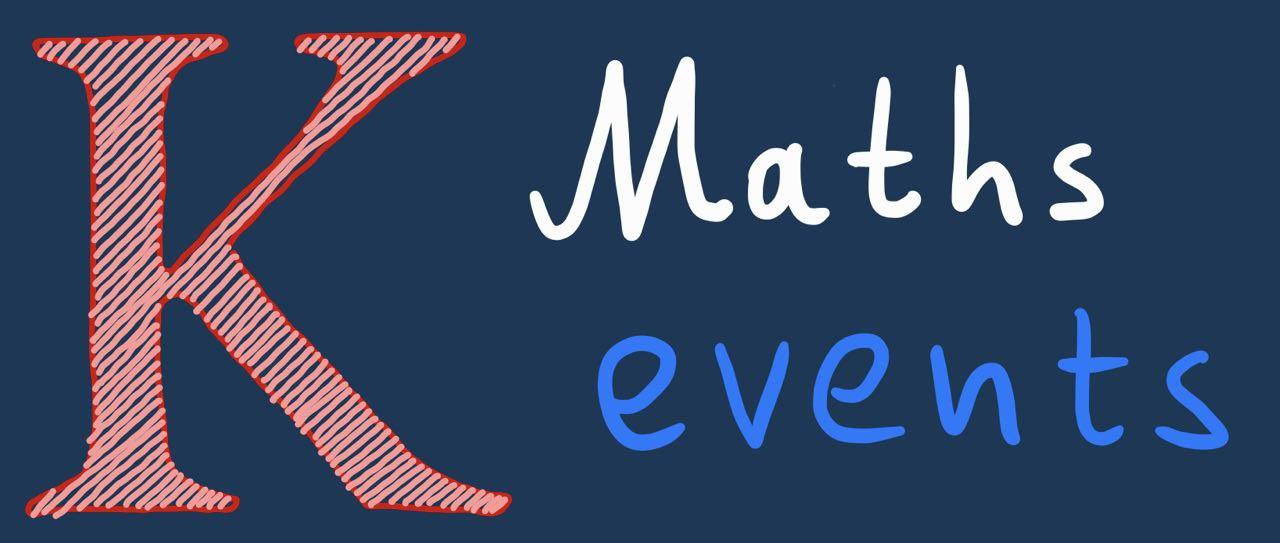Found 4 result(s)01.01.1970 (Thursday)
AN Phase retrieval from short-time Fourier transform in locally compact abelian groups
regular seminar Sebastian (Velazquez)
| at: 11:00 - 12:00 KCL, Strand room: S5.20 abstract: | The phase retrieval problem arises naturally in different applications, such as crystallography and signal processing. Regardless of its various implementations, this topic has become a very active area of research, receiving significant attention from diverse areas in mathematics – although almost exclusively in the case where the underlying space is Rᵈ. In this talk we will show that STFT phase retrieval is possible for a large class of locally compact abelian groups. This is a joint work with N. Accommazzo, D. Carando, R. Nores and V. Paternostro. Keywords: phrase retrieval, fourier transform |
01.01.1970 (Thursday)
GE Geometry Seminar: On the deformation theory of L-foliations
regular seminar Sebastián Velazquez (King's College London)
| at: 15:00 - 16:00 KCL, Strand room: S2.29 abstract: | We will review some general concepts of deformation theory. Then we will apply these ideas in order to explore the geometry of the moduli space Inv of foliations on a given variety $X$ around the points corresponding to foliations induced by Lie group actions. More precisely, let $X$ be a smooth projective variety over the complex numbers and $S(d)$ the scheme parametrizing $d$-dimensional Lie subalgebras of $H^0(X,\mathcal{T} X)$. For every $\mathfrak{g} \in S(d)$ one can consider the corresponding element $\mathcal{F}(\mathfrak{g})\in Inv$, whose generic leaf coincides with an orbit of the action of $\exp(\mathfrak{g})$ on $X$. We will show that under mild hypotheses, after taking a stratification $\coprod_i S(d)_i\to S(d)$ this assignment yields an isomorphism $\coprod_i S(d)_i\to Inv$ locally around $\mathfrak{g}$ and $\mathcal{F}(\mathfrak{g})$. Keywords: |
01.01.1970 (Thursday)
TP From pen and paper to machine learning
external event Sebastian Lautz (Tesco)
| at: 12:30 - 13:30 KCL, Strand room: London Institute for Mathematical Sciences (LIMS) abstract: | Abstract: In this talk, I will outline how I went from solving Killing spinor equations with pen and paper to a career in coding-intensive Data Science. I'll talk about my experience of working as a Data Scientist for Tesco and how leaving academia didn't mean the end of doing research for me.
|
01.01.1970 (Thursday)
NT Internal number theory seminar
regular seminar Alex Best, Sebastian Monnet (King's College)
| at: 14:00 - 15:00 KCL, Strand room: S-1.29 abstract: | Speaker: Alex Best, 14:00-14:20
|
